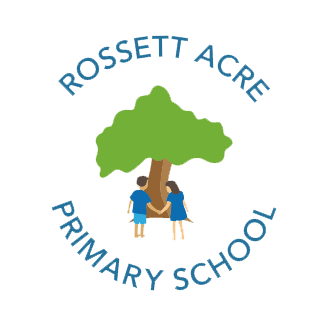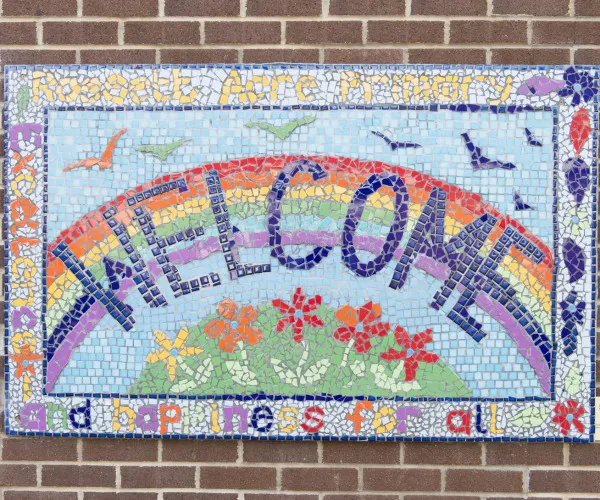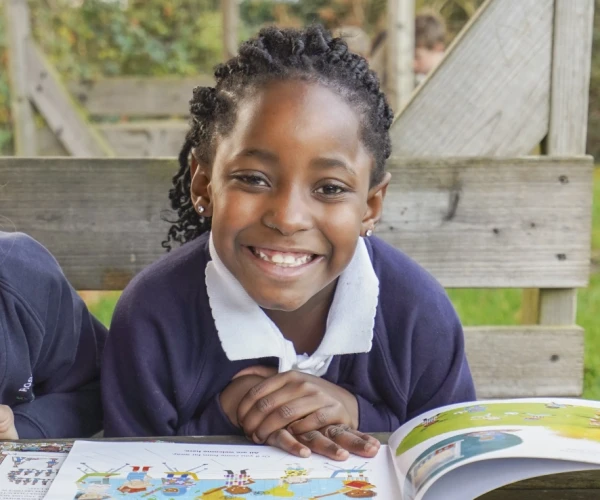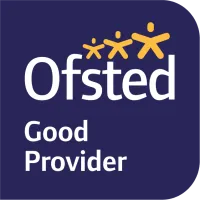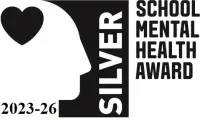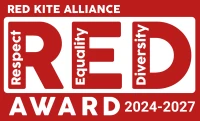Financial Education
Vision for Financial Education
At Rossett Acre, our children experience a creative and exciting curriculum which prepares them for life beyond the classroom. Financial education plays a crucial role in our children becoming financially capable members of society and achieving excellence and happiness in the wider world. Whilst money does not always make you happy, being able to manage money responsibly and understand the impact finance can have is an invaluable life skill for our children.
At Rossett Acre we have designed a bespoke, exciting Financial Education Curriculum for all!
SEND
For children with Special Educational Needs and Disabilities to experience success, enjoyment and embrace learning in Financial Education, barriers to learning and participation are removed through additional support and / or adapted provision. Please refer to our Whole School Provision Map, Our Support Strategies for Inclusive Classrooms and Inclusivity in... documents which can be found in the SEND section of our website.
National Conference
Some of our teachers attend the National Financial Education conference in London.
We host a national conference every year, which is free to attend, and forms an integral part of the Centres of Excellence programme. This provides the perfect opportunity for teachers and practitioners to showcase their work, share ideas, attend workshops and access a large range of financial education related resources and tools.
Financial Education in EYFS/Key Stage 1
Children are taught:
- Recognising coins (EYFS)
- Choices about spending (EYFS)
- Keeping money safe (EYFS) Using money (EYFS)
- Choices about saving (EYFS)
- Feelings about money (EYFS)
- The value of coins and notes (Year 1)
- Needs and wants (Year 1)
- Looking after my money (Year 1)
- Where my money comes from (Year 1)
- Keeping track of money (Year 2)
- Choices about saving and spending (Year 2)
- Saving money (Year 2)
- How money developed (Year 2)
Financial Education in Key Stage 2
Children are taught:
- Ways to pay (Year 3)
- Saving and spending priorities (Year 3)
- Using accounts to keep money safe and save (Year 3)
- Earning money (Year 3)
- Keeping records (Year 4)
- Decisions about savings and spending (Year 4)
- Lending and borrowing (Year 4)
- Helping others (Year 4)
- Foreign currency (Year 5)
- Protecting my money (Year 5)
- Simple financial records (Year 5)
- Saving and borrowing (Year 5)
- Influences on saving and spending (Year 6)
- Links between work and money (Year 6)
- Value for money (Year 6)
- Wider global communities (Year 6)
